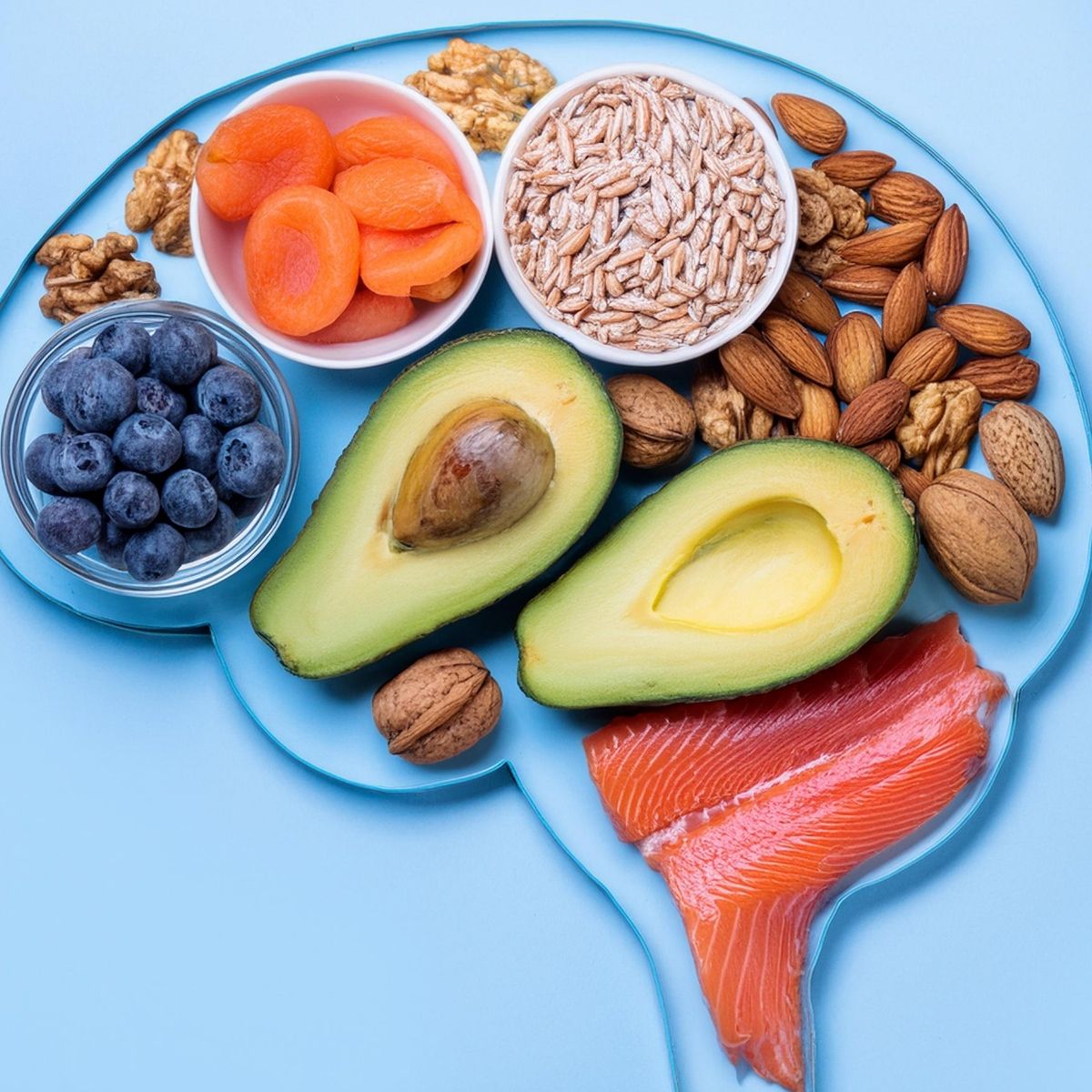How to Order Food Delivery With Diabetes
Written by: Kourtney Johnson
3 minute read
September 22, 2023
Life gets busy. From working 40+ hours a week to running errands and attending different activities, one of the first things to go is cooking regular meals. After all, it takes time and energy to plan out what you’re going to eat and make the food!
Plus, you need access to groceries to prepare it, and if you live in a food desert, you might not have the access you need. However, it’s important to remember that, especially with diabetes, eating something is better than nothing in order to avoid low blood sugar levels (BGLs).
So, what can you do when you lack time, energy or adequate access to groceries? Fortunately, you can order food for delivery using services like Doordash and Ubereats. However, some may think that ordering in food isn’t the “healthiest” option. Well, we’re here to show you how to order from food delivery services while choosing options that will help keep your blood glucose levels steady!
Ordering delivery with diabetes
It can feel overwhelming to order delivery with diabetes because of all the options available, large portions and nutritionally unbalanced meals. If you aren’t sure where to start when it comes to ordering food, consider these tips:
- Use your continuous glucose monitor (CGM) data, if you have one, as a tool to help you understand how different foods impact your BGLs.
- Look for meals with a mix of carbs, fat, protein and fiber, as this combination makes it less likely that BGLs will spike.
- Avoid adding sugary drinks to the mix, as they provide lots of carbs and can make your BGLs spike.
Which foods to pick
When deciding what to order, think about the different foods that will be a part of your meal. Because you want a mix of foods containing carbs, protein, fat and fiber for stable BGLs, look for options that contain a mixture of these food groups.
Foods and drinks with carbs include:
- Bread
- Pasta
- Tortillas
- Chips
- Potatoes
- Milk
Protein-containing foods include:
- Meat
- Fish
- Eggs
- Edamame
Examples of foods containing fat are:
- Nuts
- Nut butters
- Avocados
- Cheese
Fiber-filled foods include:
- Fruits
- Veggies
- Whole grains
Many cultural foods like stir frys and tacos can already have a great combination of these food groups! Some restaurants will provide the ingredient list and even the nutritional information for dishes, so you can use this information to pick the best options for you.
Diabetes-friendly meals to order in
Here are a few examples of meals that provide a combination of carb-, fiber-, fat- and protein-containing foods.
McDonald’s
A Big Mac plus a small fry provides 75 grams of carbs. This is a reasonable amount per meal for men while slightly high for women, though eating higher-carb meals will happen from time to time.
Chipotle
Three carnitas tacos on flour tortillas topped with chili-corn salsa, cheese, lettuce, sour cream and guacamole provides 60 grams of carbs.
KFC
One Extra Crispy chicken breast, an individual order of mashed potatoes and gravy with an individual ColeSlaw provides 52 grams of carbs.
Waffle House
The Breakfast All-Star Special with two scrambled eggs, a slice of wheat toast, hash browns and bacon provides 53 grams of carbs.
You can find additional nutritional information for food at several restaurants in the Fast Food Nutrition Guide.
How to order food using a meal delivery service
Actually using a service like Ubereats or Doordash is pretty easy. When you go to their websites or mobile app, type in your address and then select the restaurant or category of food you’d like to order from. After adding your order, you’ll process the payment and then sit back and relax while waiting for your food to arrive. The hardest part is picking which foods to order!
While it might feel overwhelming when deciding what and where to eat, ordering something you like that includes a variety of different nutrients is a way to ensure you’ll enjoy your food while preventing BGL spikes.
Remember that eating something is always better than eating nothing, so use meal delivery services that are available to you when you need them! Order in food, leave out the shame.
Editor’s Note: Educational content about health equity and access is made possible with support from Abbott, makers of the Freestyle Libre 3 system, an active partner of Beyond Type 1 at the time of publication. Editorial control rests solely with Beyond Type 1.
Related Resources

If you use insulin to manage diabetes, it’s normal to have questions about which option...
Read more

The holiday season is filled with celebrations, family gatherings, and plenty of holiday foods. No...
Read more

Managing diabetes is a complex and often overwhelming journey—even nine years after my daughter's diagnosis....
Read more


